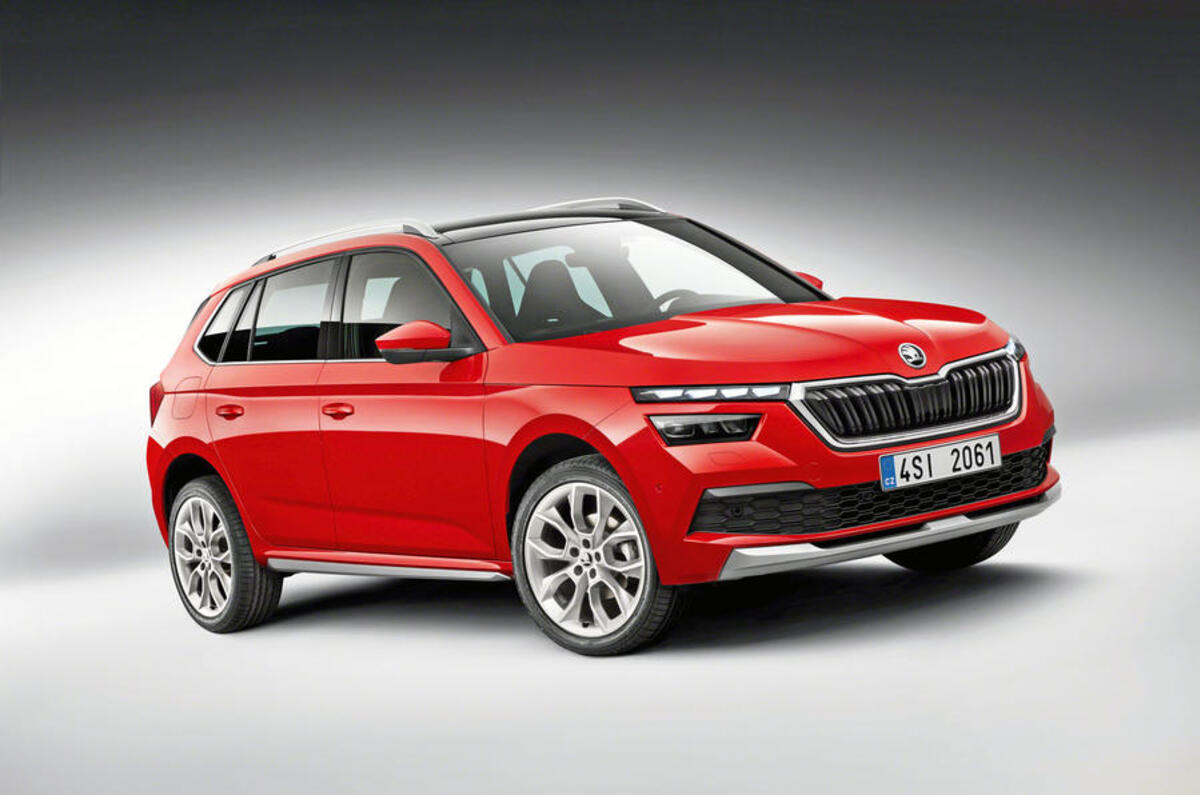Skoda’s impressive growth in recent years has often showed up its Volkswagen Group counterparts for sales increases and profit margins.
That was still the case in 2018 – deliveries grew by 4.4% year on year and profit margins were 8%, more than double that of Volkswagen.
So in many ways, it was a successful year for Skoda, so much so that the opinion piece I wrote last year still rings true.
But, for everyone including Skoda, it was a tricky year too and there’s more to come.
CEO Bernhard Maier highlighted during Skoda’s annual press conference today that there was a host challenging factors at play, many of which those in the car industry are well-versed in. He mentioned the US and China trade war, Brexit, fluctuating exchange rates and increasing personnel costs in the Czech Republic.
Skoda’s operating profit in 2018 was down 14.6% due to major investment, mostly related to electrification and digitisation, plus modernising its plants.
There’s also a new plant in the pipeline (there is now a shortlist of four), due to be running by the end of 2022, that will require massive investment.
Skoda’s electrification plans are also a little hazy, although of course driven by the broader VW Group’s push to go straight to electric.
An electric Citigo and plug-in Superb will launch this year, and two electric models based on the Vision iV will arrive before 2023.
The maker has stated that 30 new models will arrive by 2023, including at least 10 electrified models. Maier said these 10 electrified models include electric, plug-in hybrids and mild hybrids.
This suggests that the remaining 20 models will be pure diesel or petrol. That’s surprising when many manufacturers are starting to introduce 48V mild-hybrid systems across the board to lower CO2. It’s of particular concern when you consider the incoming EU emissions targets, which require makers to have an average fleet CO2 output of 95g/km or lower by 2021.
Indeed, Maier told Autocar that based on the current product mix that customers are choosing (for example, buyers are largely favouring high-powered Kodiaqs), the brand will not be able to achieve those targets. And if those targets aren’t met, there will be heavy fines.
On the upside, Skoda’s recent product roll-out is well timed to counter bigger geopolitical issues. Scala and Kamiq go on sale this year, both of which should translate to huge volume for Skoda. Skoda Octavia remains its biggest seller and a new one launches this year that promises even greater things than the current model.
Nonetheless, Skoda must safeguard its long-term future in the next couple of years with shrewd decisions. That’s exactly what it’s attempting with mass investment now. As Maier put it: “Anyone not even thinking about next week may not be here tomorrow.”
Read more
Skoda to launch low-cost EV after initial electric blitz
All details on the Skoda Scala
Skoda will launch 30 new models by 2023




Join the debate
Add your comment
I think Skoda are in a
I think Skoda are in a difficult position. They are the VW value brand, yet there will be no cheap cars once EU CO2 targets finally hit. Remember that the EU counts all electricity as producing ZERO CO2, so Its just not possible to get cars to hit the lower and lower targets the EU have set without making everything at least hybrid, or better still plug in, and that still adds a huge amount to a cheap car. Skoda are either going to have to get peole to pay more or be in a difficult place
Time moving on, brings
Time moving on, brings changes and new ground for old perceptions to go and be replaced. Skoda no longer need to be seen as the value brand, when they show levels of sales success as they do and not forgetting acting as pathfinders for new tech debuts for VAG features, that used to be given to Audi and VW first.
Skoda is meant to be the
Skoda values have been lost in the sea of VAG though as it’s not really a value brand anymore it’s simply mainstraim with its competitors and also has some expensive models as well like the Kodiaq VRS. However then they launch something like the Scala which is like the value stuff they used to do.. confusing line up they have..
Value brand
Value doesnt mean cheap. Skoda are slightly cheaper than VW, but havent been budget brand for a long time now. It seems to be working as they have just had a record year of sales. We think that there isnt enough brand differentiation between them, SEAT and VW, but it seems to be work fine somehow.